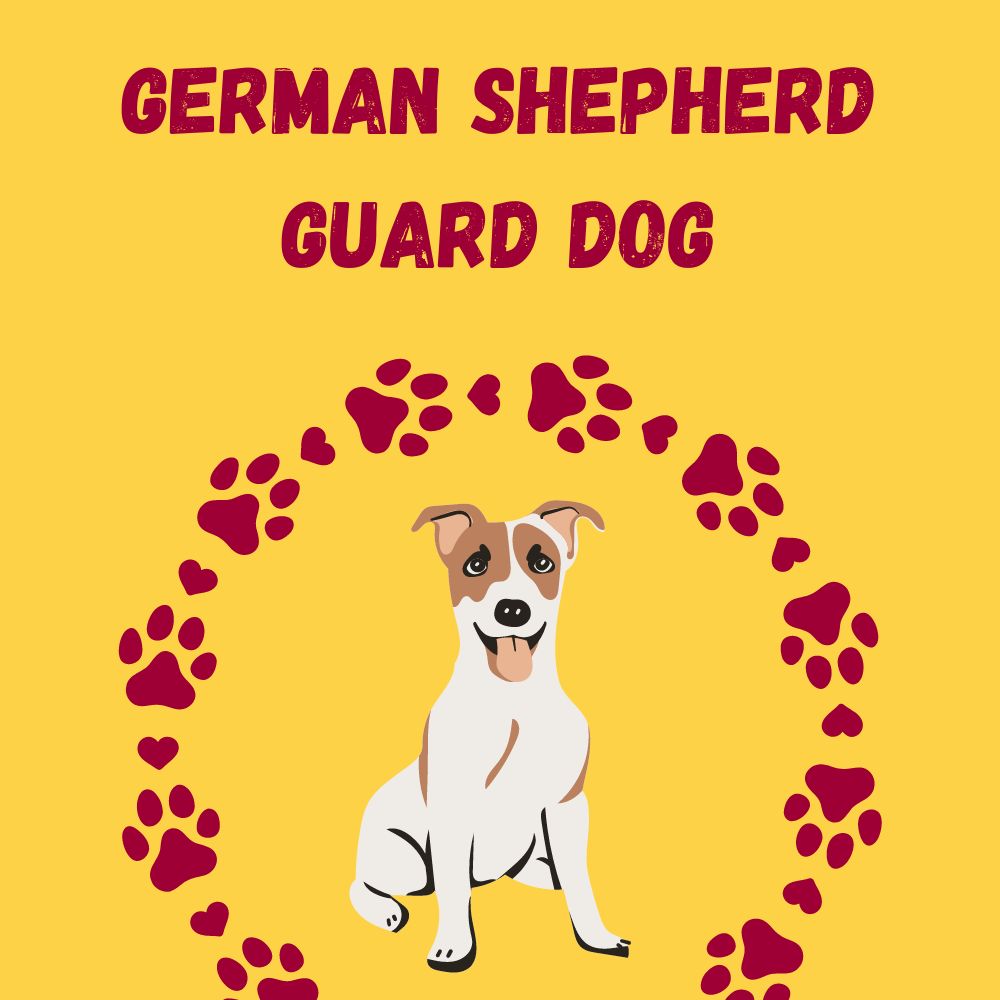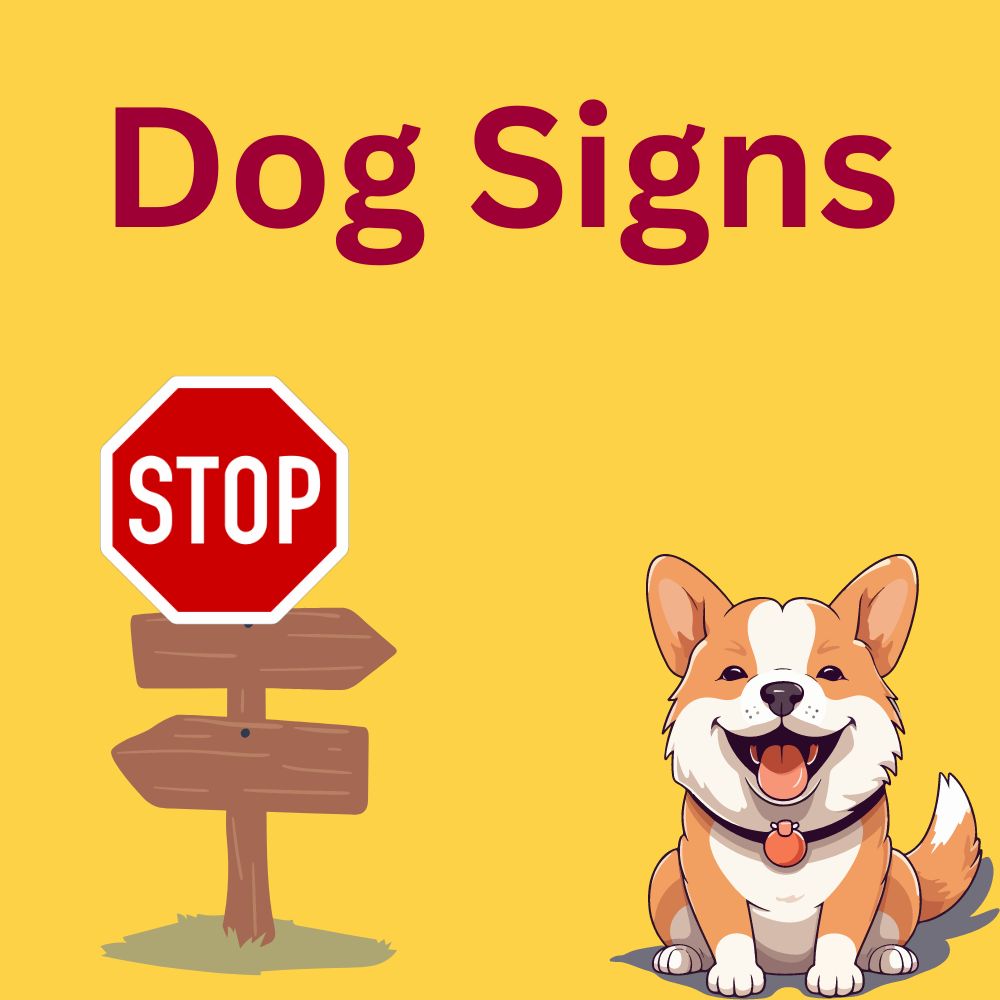German Shepherd Guard Dog
There is a good reason why German Shepherds are among the most sought-after breeds for guard dogs. Their ability to guard and protect their owners or property is greatly enhanced by the combination of qualities they possess. These dogs are known for their strength, intelligence, loyalty, and trainability, making them the perfect fit for a guard dog role.
One of the most prominent characteristics of German Shepherds is their strong protective instinct. They have a natural desire to safeguard their owners and territory by being alert and attentive at all times. This makes them excellent watchdogs, as they will always be on the lookout for any potential danger or threat.
In addition to their innate protective nature, German Shepherds are brilliant animals. They can quickly learn and understand complex commands, making them easy to train as guard dogs. With proper training and socialization, they can differentiate between what is normal and what could be considered a threat.
German Shepherd Guard Dog Reviews
For Mansions
There is no need to search farther than the German Shepherd for a security dog to keep your estate safe. These canines are frightening for intruders because of their size and stature. Since the best family-friendly guard dogs can pick up commands and efficient patrol techniques rapidly, their intelligence and trainability also make them perfect for mansion security.
German Shepherds are excellent security dogs for what reasons?
Thanks to their intense physical attributes and natural protective instincts, German Shepherds have been utilized as guard dogs for a long time. They may also be taught precise commands for various protection duties, like patrolling, attacking, and guarding the best guard dogs for the first time. This makes them highly trainable.
How to Choose the Best Guard Dogs and Personal Protection Dogs
Numerous respectable organisations and breeders train and sell guard dogs and personal security dogs. These dog breeders can supply you with the knowledge and supplies you need to continue your dog’s training at home. These dogs are frequently trained from an early age in specific protection jobs. Nevertheless, you should ensure that the dog has undergone sufficient training and socialization before purchasing it as a guard or personal protection dog.
In addition to training, there are several factors to consider when choosing the best guard and personal protection dogs. Firstly, size matters – bigger dogs tend to have more intimidating appearances and can physically protect their owners better. German Shepherds are one of the largest breeds commonly used for guarding and saving purposes.
Secondly, consider the breed’s temperament. While most guard dogs are naturally protective, you’ll want to ensure they’re also obedient and controllable. This is where extensive training comes into play – a well-trained guard dog will know when to attack and when to stand down on command.
Another critical factor is the dog’s socialization. A guard dog needs to be comfortable around people, especially when in public or around guests in your home. A guard dog can become overly aggressive and threaten others without proper socialisation.
It’s also crucial to consider the dog’s health and physical capabilities. Guard dogs must be strong and agile, able to handle potentially dangerous situations without getting injured easily. Regular check-ups with a veterinarian are necessary to ensure your guard dog is in good health.
The training process for a guard or personal protection dog begins early – usually between 4-6 months old. Basic obedience training should start first, followed by more specialized training such as bitework and attack commands.
While some may think owning a guard dog means having a mean and intimidating pet, this is not necessarily true. A well-trained guard dog should be able to differentiate between an actual threat and typical everyday situations. This requires patience, consistency, and positive reinforcement during training.
It’s also important to establish clear boundaries for your guard dog. They should only act aggressively when given a command or in a situation where their protection is needed. Otherwise, they should behave as any other well-mannered pet would.
Aside from being excellent protectors, guard dogs can also serve as loyal companions. Many breeds used for guarding are known for their intelligence, loyalty, and affection towards their owners. Proper care and socialization make a guard dog an excellent addition to any family.
Are German Shepherds Fit for Guard Roles?
In a nutshell, sure. German Shepherds are ideal guard dogs because of their strong protective instincts, high trainability, and physical prowess. It is imperative to acknowledge that appropriate training and socialization play a pivotal role in developing a comprehensive guard dog.
German Shepherd Protection Dog
German Shepherds’ natural protective tendencies toward their owners or area make them excellent guardians. Additionally, they are quite trainable and can be instructed in particular guard responsibilities for optimal efficiency.
German Shepherd Guard Dog: The 4 Types of Protection Dogs
- Attack Dogs – These dogs are highly trained to attack on command and are often used in law enforcement or military settings.
- Guard Dogs – These dogs are trained to protect a specific person, family, or property from potential threats.
- Patrol Dogs – These dogs are trained to patrol an area and alert their handlers of suspicious activity.
- Detection Dogs – These dogs are trained to detect specific substances such as drugs, explosives, or contraband.
One of the critical attributes of German Shepherds is their high level of intelligence, which is the best small dog for protection. They are quick learners and can understand and carry out complex commands, making them ideal for protection tasks, rained German shepherds.
FAQs
Is a German Shepherd a guard dog?
Yes, German Shepherds are often used as guard dogs due to their protective instincts, trainability, and physical capabilities.
Do German Shepherds protect you?
German shepherds protection are fiercely loyal and protective of their owners, making them excellent protectors. With proper training and socialization, they can be reliable protection dogs.
Which German Shepherd is best for security?
All German Shepherd protection dogs have the potential to make good security dogs, but it ultimately depends on their temperament and level of training.
Are German Shepherds always on guard?
German Shepherds are always attentive and alert to their surroundings, but proper training and socialization can help them differentiate between potential threats and routine situations.
What is the #1 most protective dog?
The #1 most protective dog will depend on individually trained German shepherd puppies for sale factors such as breed, training, and temperament. German Shepherds, Rottweilers, Doberman Pinschers, and Giant Schnauzers are all known for their protective instincts.
What is the safest family dog?
Some of the safest family dogs include Labrador Retrievers, Golden Retrievers, Beagles, and Poodles. However, it is essential to remember that proper training and socialization are crucial in any dog’s behaviour towards their family. These breeds are known for being good with children and having gentle temperaments.
Conclusion
German Shepherds make excellent guard dogs due to their protective instincts, trainability, and physical capabilities german shepherd guard dog. They are also great family dogs and can be trained for specific protection tasks. Rottweilers are also known for their guarding abilities and are commonly used as police or military dogs. However, they require experienced owners and proper training to avoid becoming overly aggressive. Doberman Pinschers are another breed that is highly trained for protection work. They have a strong and intimidating appearance, making them excellent guard dogs. Giant Schnauzers may not be as well-known in the protection dog world, but they are loyal and protective, making them suitable for guarding families. When looking for a safe family dog, it is essential to consider factors such as size, energy level, trainability, temperament and socialization history. While some breeds may have a natural inclination towards protection work, all dogs can be trained to be good guard dogs with the right guidance and training.
One of the most important factors to consider when choosing a protection dog is their size. A large breed, such as a German Shepherd or Rottweiler, can be more intimidating to potential intruders. However, smaller breeds like Chihuahuas can also be effective watchdogs due to their loud barks and loyal personalities. Another crucial aspect to look for in a protection dog is their energy level and trainability. Breeds that are highly energetic and easy to train, such as Belgian Malinois or Doberman Pinschers, make excellent candidates for protection work because they have the stamina and drive to perform tasks effectively.




